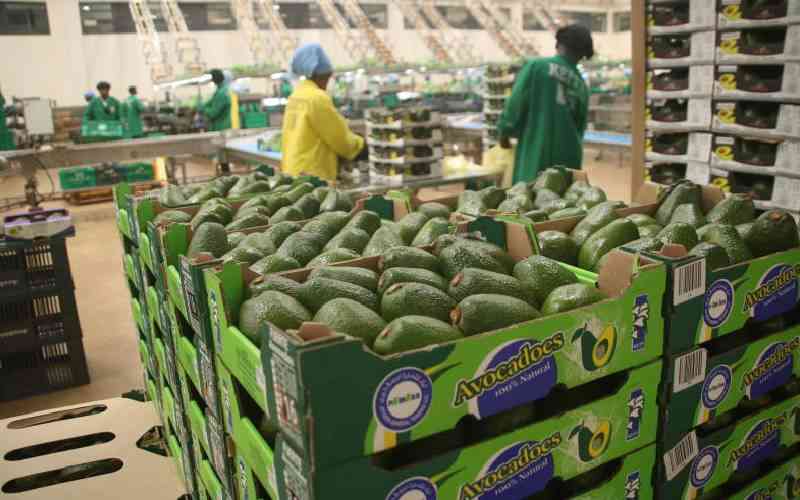
Trade has been a cornerstone of human civilisation, beginning with the ancient barter system and evolving into today's complex international agreements.
In the earliest days, barter trade, a system where people directly exchanged goods without a standard currency, was essential for survival, yet it had limitations. Disparities in value, seasonal shortages, and the challenge of matching each other's needs fairly, often led to conflicts and stalled exchanges. Such misalignments in wants and resources made transactions cumbersome and hindered economic growth.
Over time, these inefficiencies drove societies to adopt currency, which streamlined trade and gave value a more universal measure. However, as trade grew beyond local communities and regions, new challenges arose, demanding structure and predictability in cross-border exchanges. This paved the way for trade agreements, which have become the foundation of international commerce today.
Designed to reduce barriers like tariffs and quotas, these agreements enable smoother, fairer exchanges between nations, fostering both bilateral and multilateral relationships. Where barter was once limited to immediate needs and resources, modern trade agreements now support an interconnected global economy, encouraging growth, innovation, and mutual prosperity.
One such agreement that has been pivotal in shaping trade dynamics is the Kenya-EU economic partnership agreement (EPA) that is designed to create a free trade area between the EU and Kenya. Its primary objectives include promoting sustainable development, ensuring economic stability, and enhancing trade.
By eliminating tariffs and quotas on goods, the EPA seeks to provide Kenyan products with greater access to EU markets by enhancing export opportunities.
The goals of the EPA extend beyond mere tariff reductions; they also aim to enhance economic cooperation and address various trade-related issues such as supply-side constraints including compliance with Sanitary and Phytosanitary (SPS) standards and enhancing capacity to implement trade facilitation measures.
For Kenya, this means not only the potential for increased exports but also the ability to attract foreign investment, which is crucial for economic growth. Local manufacturers can plug into this framework by leveraging the advantages offered through the EPA, such as accessing European markets without facing prohibitive tariffs.
Trade between Kenya and the EU has not been entirely balanced. According to International Trade Centre (ITC), Kenya Exported products worth $1.1 billion to the EU while importing $1.7 billion, representing a slight trade imbalance of $0.6 billion in favour of EU in 2022.
To scale up trade and bridge this imbalance, Kenyan industries must focus on manufacturing high-quality value - added products, moving beyond the agriculturally based products and raw materials. The EU market, with its diverse consumer base, presents opportunities for Kenyan products, including textiles, processed foods, and manufactured goods.
By investing in capacity building and technology, local manufacturers can create high-quality products that meet EU standards. As Kenya awaits the renewal of the African Growth and Opportunity Act by the US, there is an opportunity to further enhance our trade relations with the EU. By aligning its manufacturing strategies with the requirements of EU, Kenya can ensure that its products meet the necessary quality and regulatory standards, thus enhancing its competitiveness on the global stage.
However, the journey towards seamless trading between Kenya and the EU is not without its challenges. A myriad of issues continue to hinder trade at national level, including competitiveness, inadequate infrastructure, and lack of access to finance for local manufacturers.
To foster a conducive trading environment, both governments must engage in dialogue to address these barriers. Initiatives that simplify customs procedures, enhance transport networks, and financial support to local manufacturers will be crucial in bolstering trade for both parties.
- The writer is the Acting CEO, Kenya Association of Manufacturers
 The Standard Group Plc is a multi-media organization with investments in media
platforms spanning newspaper print
operations, television, radio broadcasting, digital and online services. The
Standard Group is recognized as a
leading multi-media house in Kenya with a key influence in matters of national and
international interest.
The Standard Group Plc is a multi-media organization with investments in media
platforms spanning newspaper print
operations, television, radio broadcasting, digital and online services. The
Standard Group is recognized as a
leading multi-media house in Kenya with a key influence in matters of national and
international interest.
